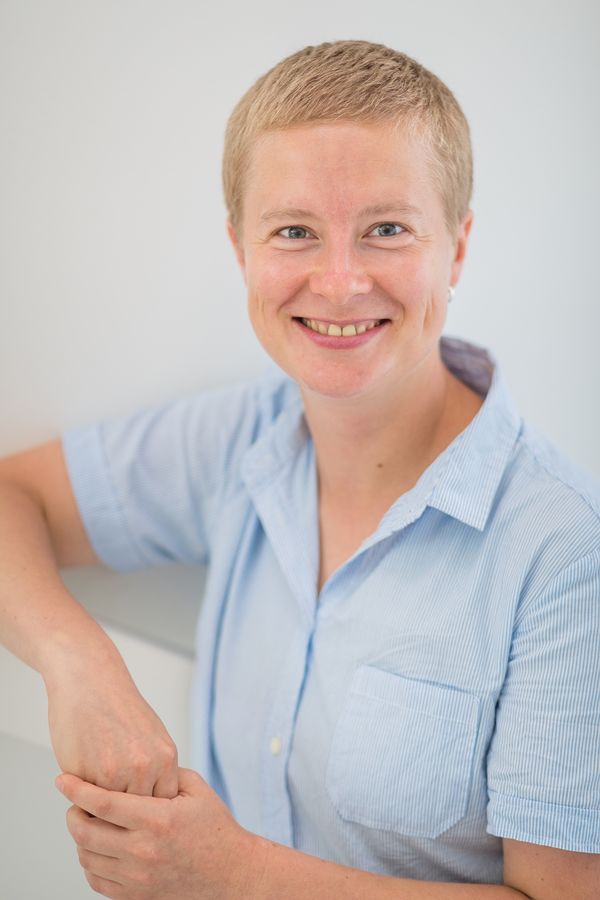Ermolaeva Research Group
Current Projects
The group uses nematodes and human cells to study alterations of energy homeostasis and lipid turnover during aging. This is done by use of longevity tests, stress reporters and high throughput methods such as proteomics and lipidomics (performed in cooperation with the proteomic core facility at FLI and the lipid analysis department of the Friedrich Schiller University). With these methods and additional cell culture and nematode tests, they study connections between metabolism, proteostasis and epigenetic alterations during aging.
The lab studies effects of natural stress factors such as environmental DNA damage, sleep deprivation and heavy metal exposure on systemic proteostasis, neuronal integrity, cognition and aging in nematodes.
The group performs genome wide CRISPR/Cas9 based genetic screens in human skin fibroblasts searching for gene changes, which protect against age-related molecular stresses (ER stress).
The group is interested in the role of mitochondria and mitochondrial inhibitors in longevity assurance. Here they perform tests in nematodes at different stages of aging and in a human cell culture model of replicative senescence.
The lab uses longevity tests, proteomics and reporter analysis in nematodes to study effects of environmental bacteria and human-intrinsic microbiota on aging and homeostasis of metazoan hosts.


Establishment of the nucleolus as a cellular indicator and target for healthy ageing
In our ever ageing society, age-related illnesses and loss of performance pose ever greater problems for our social and health systems. Therefore, measures for healthy aging and meaningful age diagnostics are becoming increasingly important. New studies show that ageing is closely related to changes in the structure and activity of the nucleolus, a part in the cell’s nucleus.
The present research project aims at elucidating molecular changes of the nucleolus during aging. The investigations are carried out in various model systems and on human biopsies to gain insights into human ageing and the ageing of an organism. The results will be used to derive and validate biomarkers and measures for healthy aging, which will be applicable in medicine and diagnostics. The project was conceived within the Center for Aging Research Jena (ZAJ) between Holger Bierhoff from the Friedrich Schiller University and Maria Ermolaeva from the Leibniz Institute on Aging. There is also close cooperation and scientific exchange with industrial partners from Thuringia.
The project is made possible with funding from the European Social Fund (ESF) of the European Union and with support from the Thuringian Ministry of Economics, Science and Digital Society.
Contact

Maria Ermolaeva
Group Leader
+49 3641 65-6805
maria.ermolaeva@~@leibniz-fli.de
Eileen Stöckl
Secretary
+49 3641 65-6815
eileen.stoeckl@~@leibniz-fli.de
Team*
| Name | Phone | Position | |
|---|---|---|---|
| Maria Ermolaeva | +49 3641 656805 | Group Leader | |
| Prerana Shrikant Chaudhari | +49 3641 656863 | Postdoc | |
| Abhishek Dubey | --- | Postdoc | |
| Xuemin Gong | +49 3641 656863 | Postdoc | |
| Nilay Köse-Vogel | --- | Postdoc | |
| Eberechukwu Maryann Okoli | +49 3641 656863 | Doctoral Candidate | |
| Melike Bayar | +49 3641 656863 | Scientist | |
| Yuting Li | +49 3641 656863 | Scientist | |
| Lisa Adam | +49 3641 656863 | Technical Assistant | |
| Leya Timur | --- | Master Student |
* incomplete due to Data protection









